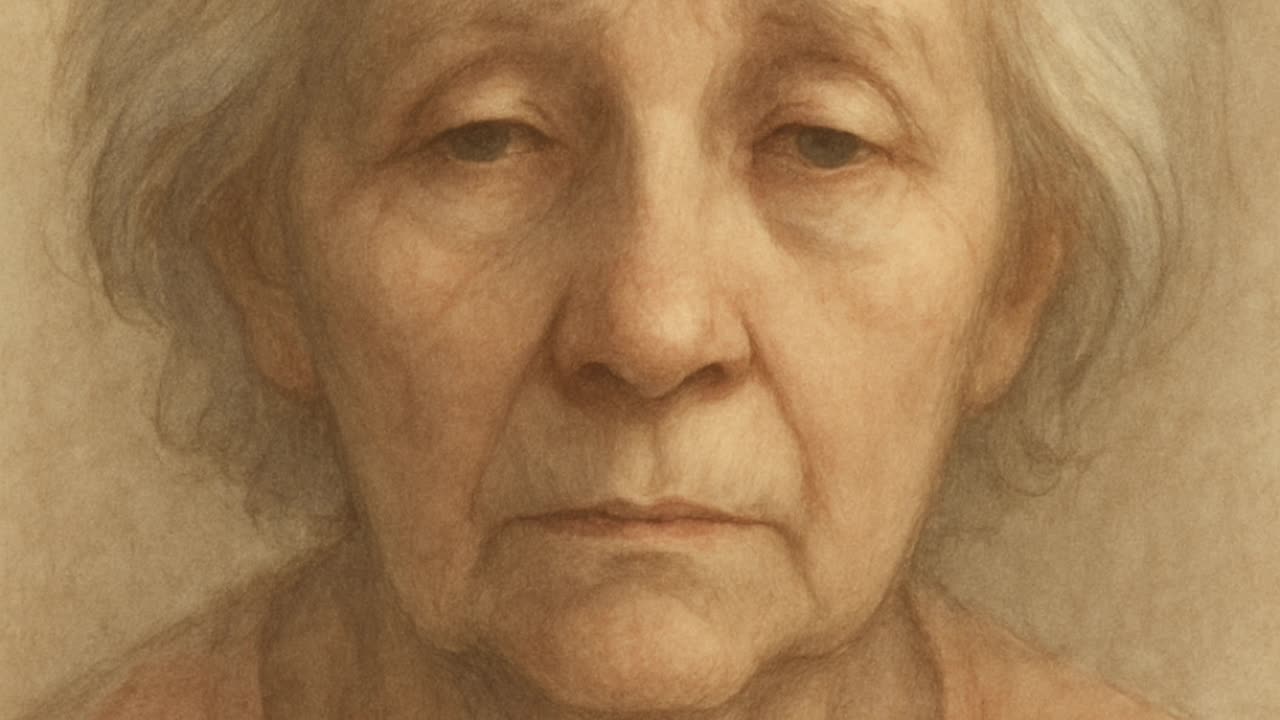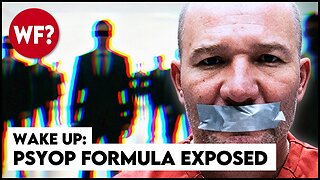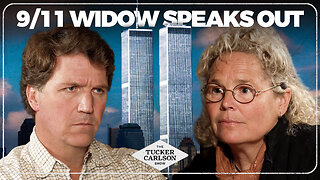Premium Only Content

WHAT I WITNESSED IN THE SENIORS AFTER THE SHOTS
WHAT I WITNESSED IN THE SENIORS AFTER THE SHOTS
(My firsthand observations as the person who was with them every day)
I didn’t read this in a report.
I didn’t hear it from someone else.
I lived it — shift after shift, room after room, face to face with the people I cared about like family.
When you work in long-term care, you know your residents better than anyone.
You know their routines, their energy, their spark.
And when something changes, you see it instantly — even before they can put it into words.
After the shot rollout, the changes were impossible to ignore.
🟡 Infections we had never seen before
We began seeing infections that were harsher, recurring, or completely abnormal for these residents.
Some had urine that I will never forget — deep color, thick sediment, white gunk settling at the bottom.
We sent several out for pain and sudden symptoms that didn’t match their history.
🟡 Bleeding from places that shouldn’t bleed
Some residents developed unexpected bleeding — both front and back.
Spotting, rectal bleeding, unexplained blood in the bathroom.
These patterns were not normal for them.
🟡 Mobility changing almost overnight
People who had been steady for years suddenly became weak on their feet.
I watched residents:
• lose balance
• collapse
• struggle to walk
• weaken rapidly
It was like their bodies didn’t belong to them anymore.
🟡 Mini-stroke-like episodes
I witnessed episodes where residents became:
• unresponsive
• blank
• “not there”
• staring forward
• slumping in their chairs
• or collapsing over their walkers
One became unresponsive twice in one week.
Another faded out at the dining table.
Ambulances came often — some residents never returned.
🟡 Congestive heart failure worsening quickly
Residents with mild, stable CHF suddenly declined:
• fluid retention
• shortness of breath
• swelling
• extreme fatigue
They went from manageable to critical in shockingly short timeframes.
🟡 Cognitive decline accelerating unnaturally fast
Yes, dementia progresses.
But this wasn’t the usual progression.
Residents who were smiling, chatting, and remembering routines seemed to slip away rapidly:
• forgetting everything within days
• becoming disoriented
• withdrawing
• saying “something feels wrong”
And then came the part that was hardest to watch.
💛 The Fading Light — What I Saw in Their Eyes
The residents didn’t always have the words for what was happening to them —
but you could see it with your own eyes.
Their energy shifted.
Their spark dimmed.
Sometimes you’d look into their eyes and it felt like the life was slowly slipping away,
like their spirit was fading,
like nobody was home anymore.
You could feel it as much as you could see it.
That’s when I knew —
something was deeply wrong.
🟡 Falls became constant
I had never seen so many falls in my entire career:
• sudden drops
• legs giving out
• residents found on the floor
• head injuries
• emergency transfers
One resident ended up between the wall and toilet — I still don’t understand how she even fell that way.
🟡 Death after death after death
Rooms emptied.
Rooms filled.
Rooms emptied again.
A pattern you can’t ignore when you’re the one walking those halls.
And every time the room changed over… another set of shots arrived.
🟡 Families didn’t always see what we did
Some residents tried to express that they “didn’t feel right,”
but many of them couldn’t verbalize their symptoms.
So it fell on us — the frontline workers —
to see the truth with our own eyes.
And we did.
🟡 This is why I speak out
I’m telling you what I witnessed:
• bodies weakening
• hearts failing
• cognition fading
• infections worsening
• spark disappearing
• life slipping from their eyes
You can’t watch that happen day after day and stay silent.
Not when those residents trusted me.
Not when some of them clung to me and didn’t want me to go home.
Not when I promised myself I’d honor what I saw.
I owe them the truth.
And that’s why I will always speak out —
for the ones who couldn’t speak for themselves.
-
 0:08
0:08
Canadian Citizens Journal
1 day agoI Approve Of This Message!⬆️ FDID
51 -
 32:42
32:42
MetatronHistory
1 day agoWas FASCISM Left wing or Right wing?
6742 -
 2:13:31
2:13:31
The Connect: With Johnny Mitchell
1 day ago $6.98 earnedIs Garth Brooks A Serial Killer? Exposing The Dark Secrets Of Country Music's Biggest Star
18.6K6 -
 9:52
9:52
MattMorseTV
11 hours ago $9.35 earnedTrump just GAVE the ORDER.
7.74K40 -
 19:19
19:19
GritsGG
12 hours agoINSANE Trio Match! Most Winning Warzone Player IGLs to Victory!
837 -
 32:24
32:24
Forrest Galante
1 day agoHunting and Eating The World's WORST Fish (Everglades At Night)
121K8 -
 11:37
11:37
The Pascal Show
1 day ago $12.18 earnedTHEY WANT TO END HER?! Candace Owens Claims French President & First Lady Put A H*t Out On Her?!
39.2K44 -
 LIVE
LIVE
Lofi Girl
3 years agolofi hip hop radio 📚 - beats to relax/study to
154 watching -
 35:40
35:40
The Why Files
5 days agoPsyops: From Dead Babies to UFOs - The Same Pattern Every Time
104K102 -
 1:48:26
1:48:26
Tucker Carlson
2 days agoKristen Breitweiser: 9-11 Cover-Ups, Building 7, and the Billion-Dollar Scam to Steal From Victims
177K403